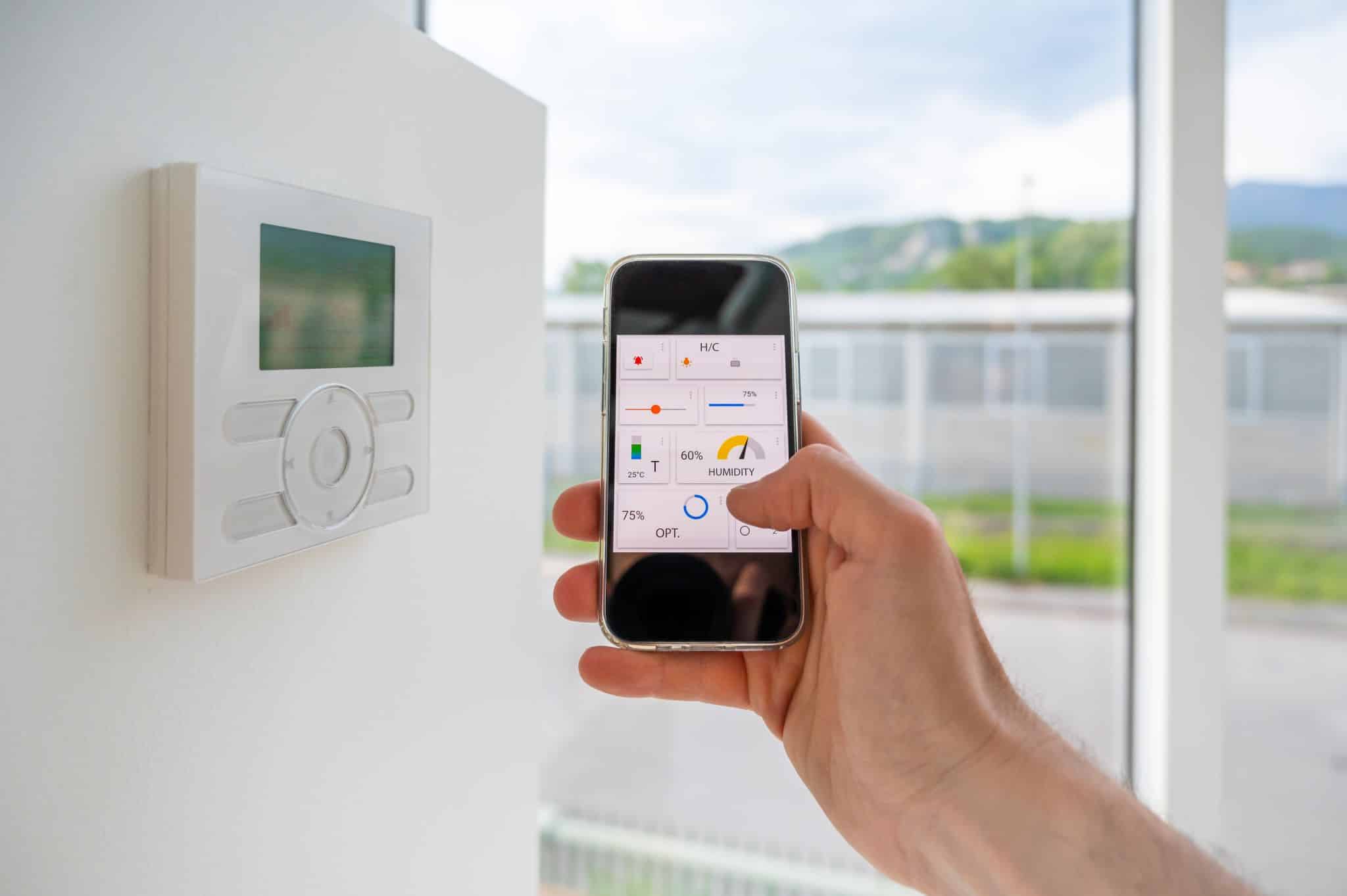
The concept of smart home and which responds to our needs even from a distance is, perhaps, the one that comes closest to home automation. The word comes from the Latin (domus), and represents the use of technology (and automation) in a dwellingwith the aim ofincrease the safety and comfort of residents, in addition to reducing energy bills🇧🇷 through home automation it is possible to control everything from lights and sockets to the washing machinepassing through the irrigation system, doors and gates: everything imaginable (and connecting to the internet)🇧🇷 In addition to valuing housing, Another advantage of home automation is the reduction in the price of insuranceas it reduces the risk of potential incidents in the home.
Smart home: level 1
Currently, home automation solutions already exist for (almost) all budgets. By the way, the large surfaces that sell building materials have, for example, smart sockets available, lights with remote control, as well as door and window sensors. It is the 1st level of a smart home that You can build according to your budget.
However, remember that to have a smart home you also have to bet on smart home appliancess, like a smart tv, so that they can be connected to the internet and controlled remotely, through an application installed on your mobile phone. You blinds will also have to be electric to be able to incorporate a sensor, the irrigation system will have to have wifi, and so on. So, if you are thinking of investing in a refurbishment, it will be worth it. make a project listing your needs and desires and look for quotes with companies that offer home automation solutions. Realize how much you can save, for example, on the electricity bill, what is the property’s potential for appreciation, and then do the math. You can always build a piggy bank for this investment. Or, alternatively, go modifying the house in phases, or by divisions. Also read: Efficiency in energy and water consumption: How and why?
How can I save energy with home automation?
Imagine that you can control the blinds and thus make better use of sunlight in winter and cool the house by controlling sunlight in summer. If you have air conditioning, it’s also easier control the climate of the house, as well as remotely turn off the light of that division that insists on staying connected day and night. In the case of appliances, you will be able to program them for off-peak hours which, combined with a bi-hourly tariff, for example, allows you to reduce your electricity bill. If you have solar panels installed, you will also be able to close the loop and carry out an integrated management of needs. Also read: Energy efficiency: What to invest in to have greater savings?
More comfort and safety
Through the use of home automation it is possible, for example, to detect water or gas leaks, fires or glass breakage through the installation of security cameras, which also allow you to monitor your home in real time. You can also install systems that allow your home to alert the authorities when an intruder is detected.
Virtual assistants will help you with this task of giving orders around the house. Be it Siri (from Apple), Alexa (from Amazon) or Google Assistant, just to name the best known ones, it’s through them that you’ll be able to control almost everything…sitting on the couch. The content What is home automation? appears first on Doutor Finance – We take care of your financial health.
